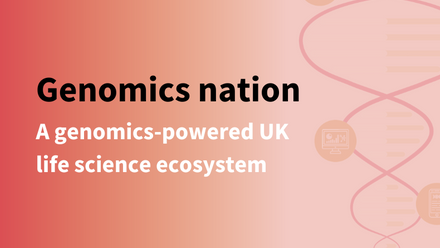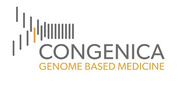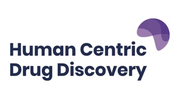What is Genomics?
Genomics – the study of our genetic material, or DNA – is enabling truly personalised medicines, designed to effectively address patients’ disease with as few side-effects as possible. It is also paving the way for more accurate, convenient diagnostic products that help characterise and potentially prevent disease altogether. Our growing understanding of how genes exert their influence through functional genomics is opening new frontiers of drug research. Linking these processes will deliver immense benefits for patients, facilitating preventative and personalised medicine which will form the future of healthcare.
The BIA seeks to build on the UK’s strong genomics heritage by making the UK the best place to start and scale genomics companies. We work with stakeholders in government and beyond, as well as with members to highlight and champion genomics technologies. For example, we have a seat on the governments National Genomics Board, which is key forum for influencing government policy on genomics.
Recent activity in genomics
Data, AI and Genomics Advisory Committee (DAGAC)
The BIA’s Data, AI and Genomics Advisory Committee (DAGAC) leads the BIA’s techbio policy development, drawing on the expertise and experience of thought leaders from across technology in life sciences. The committee helps shape the regulatory, policy and business environment for this vital subsector, seeking to make the UK the best place to start and scale Techbio companies, by improving the landscape for data, AI, genomics and precision medicine.
The committee's policy priorities are to ensure that the UK has the best environment for precision and preventative medicine. This includes focusing on the key pillars of health data, Artificial intelligence and functional genomics. The committee works with key stakeholders to improve the process of applying for and accessing health data in the UK. It champions the transformative potential of functional genomics and monitors the regulation of AI to ensure it doesn’t stifle innovation. Finally, the group works the BIA’s rare disease industry group to improve the precision and preventative medicine landscape in the UK.























